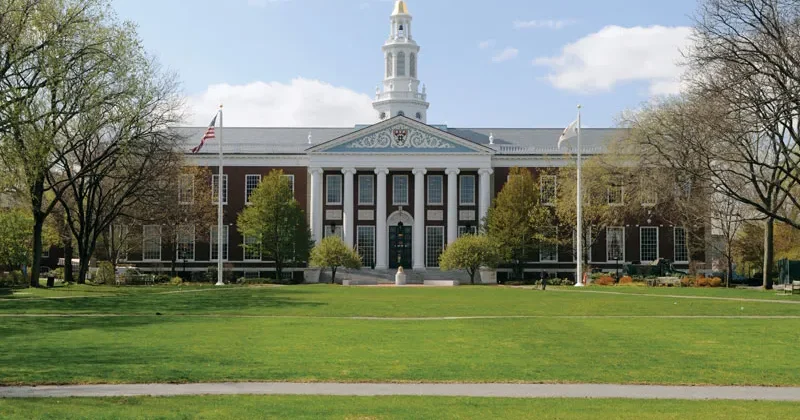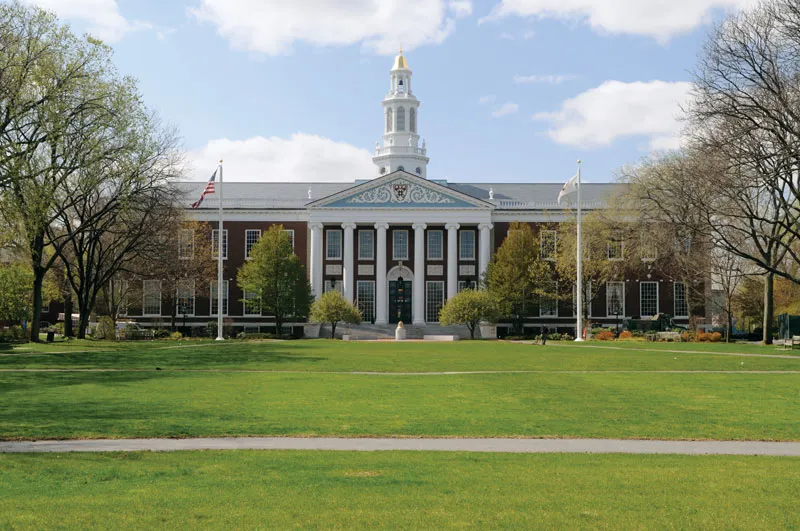

I am not a regular reader of Megan McArdle’s writing, but her recent piece on academia at The Washington Post has a strong ring of truth to it. Here is a taste:
The Trump administration is not just trying to get the government under control or save taxpayers money. It is mounting a frontal assault on every center of left-wing institutional power it can reach: academia, the civil service, nonprofits. The object is to break these institutions so badly that the next Democratic administration will not be able to put them back the way they were.
Since you know that, let me make a less obvious and probably less welcome point: The left, not the right, picked this fight. Too many institutions set themselves up as the “Resistance” to Trump and tried to make a lot of mainstream political opinions anathematic, while expecting to be protected from backlash by principles such as academic freedom that they were no longer honoring. This was politically naive and criminally stupid for institutions that rely so heavily on U.S. taxpayer support.
Academia at least should have known better, given that it has entire departments devoted to studying how politics works. It has long been clear that cuts to research funding could be the first step if Republicans were so minded. The student loans and Pell grants that subsidize tuition could be slashed, the tax rules that let elite institutions accumulate massive endowments could be changed, and in red states, government aid to public schools could be reduced. The resulting budget holes would be calamitous in many cases and would filter through the ecosystem even to schools that survived: If small schools stop hiring new faculty, that means fewer jobs for graduate students from large research universities.
Nonetheless, school administrations began issuing left-wing hot takes on news that played to the culture war, and students agitated, often successfully, to de-platform right-wing speakers and punish students or faculty who deviated from progressive orthodoxy. Milquetoast professional opinions and legitimate research were retracted under pressure from activists. Scientists marched against Trump — not as private citizens but as scientists, as if lab work gave them some special moral authority. Public health experts issued a “get out of lockdown free” card to George Floyd protesters, and the American Anthropological Association issued a statement explicitly conceiving its discipline as a form of progressive activism. What was going on in the rest of academia made it clear anthropologists weren’t alone in thinking that way.
Even if you think this was a move in the right moral direction, it was dangerous behavior. By presenting their expertise as part of a political fight, academics were not only squandering their credibility. They were asking to be treated like political adversaries. And in a real political fight, the ability to get your opponent’s journal article retracted is way less important than his ability to cut off your supply lines.
This danger has been evident for years, yet when I asked academics if this was really wise, most were curiously oblivious to the risks. Though they complained about stingy state legislatures and meddling Republican politicians, many bizarrely took them as evidence that there was little cost to politicizing academia — essentially, “They’re already attacking us, so there’s no point in trying to placate them.” They did not seem to grasp how much worse it could get.
Fundamentally, they took their prestige and public support for granted and seemed unable to imagine a world where the word “education” no longer conjured reverent deference among most of the population. Like children throwing rocks from an overpass, they felt protected by their elevated position, assuming their targets could do little but yell back. They weren’t expecting one of the drivers to get out of the car and grab a baseball bat from the trunk.
None of which justifies what Republicans are doing now. It is crude, destructive and — like a baseball bat — unconscionably disproportionate. But complaining about Republicans, while emotionally satisfying, isn’t very useful. The institutional left can’t control what Republicans do. It can only control its own behavior. And that behavior, however well-intentioned, was reckless in the extreme.
Read the rest here.
As I watch some progressives–even Christian progressives–respond to Trump’s 2024 victory I realize that there are many in the academic world who have no real interest in building coalitions that might insure that a presidency like Trump never happens again. Instead, they want to hammer away in prophetic rage from their positions of privilege. With every tweet and post they add more weight to the populist claim that they are elitists. These academics seem more interested in ideological purity and activism than trying to find common ground with people who pulled a lever for Trump last November. They make money giving speeches and talks to rooms full of people who will agree with just about everything they say. Many of them think they are “saving democracy” with their scolding and preaching to the choir. It’s almost as if they have learned nothing from the election.
That last paragraph was “lit.”
I’d love to hear more about this last paragraph. Especially, I’m curious: Who are the Christian progressives “who have no real interest in building coalitions that might insure that a presidency like Trump never happens again”? And what would this coalition look like? How would you build it? I myself am a pastor in a purple church (more blue than red), trying to preach and lead from the real gospel which I see as sharply distinct from MAGA Christianity but that doesn’t let Christian progressives off the hook either. I’m just feeling my way forward in the dark, and look to this space for some light. If I’ve missed where you’ve addressed these questions online on or in print, please let me know.
clarkkristofor, I think John is talking more about progressives in general here, not just Christian progressives, but if one had to pick the latter, perhaps the Christians for Social Action group, though there are good people in there. In general, the Dems needed to move to the center to have a chance of preventing Trump, and they didn’t– the purist, strong left faction among the Dems, which includes many academics, is just too strong, or at least vocal.